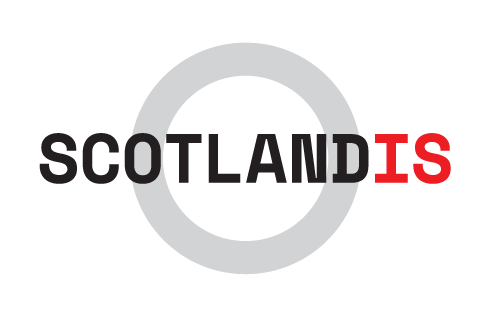Welcome to the ScotlandIS Brexit Briefing, which will provide you with a regular update on Brexit news, associated regulatory and legal issues and what they could mean for Scotland’s digital technologies industry. We hope this will provide some of the evidence you need to support your business decisions during this period of uncertainty and change.
This first article provides an update on the current UK Government position. Whilst there are still major political and economic uncertainties the UK Government has now decided on the outlines of its Brexit strategy and aims. On Tuesday, 17th January, the Prime Minister gave a major speech, confirming that her government is aiming for a complete break with the European Union – the so called “Hard Brexit” option.
The Prime Minister outlined that the UK Government wants the UK to be able to:
- negotiate and sign new trade deals with any country,
- fully control immigration, including from EU countries,
- not be bound by rulings from the European Court of Justice (ECJ)
and
- have as much access to the European single market as possible.
The Prime Minister wants to negotiate a “bold and ambitious trade agreement” with the EU, allowing as much trade as possible in goods and services.
This will involve the UK leaving the European single market, as the Government is not willing to continue to be bound by the arrangements over the freedom of movement of people and rulings from the ECJ. As full membership of the EU customs union precludes countries from forging new trade deals, the UK will also leave the customs union.
The Prime Minister wants to reach an agreement about the UK’s exit from the EU and the new relationship with it within the two years stipulated by Article 50. Following that, the UK Government wants to arrange a phased process for the implementation of any new rules and arrangements in order to avoid “a disruptive cliff edge”.
It is the Prime Minister’s view that a trade deal between the EU and the UK would be “economically rational” and in the best interest of the EU and its member states.
If such an agreement can’t be reached, she hinted that the UK might “change the basis of Britain’s economic model”, reinforcing the Chancellor ‘s comments over the weekend made in an interview with the German newspaper “Welt am Sonntag”. Some commentators have interpreted this as a threat to lower corporation tax and introduce protective tariffs. Theresa May added that no deal with the EU would be better than a bad deal as it would, at the very least, give the UK the freedom to sign trade deals with other countries and control EU immigration.
In our view, this Brexit approach raises a number of concerns for Scotland’s digital technologies industry.
The end of free movement for EU citizens is likely to be one of the biggest challenges. With the current skills shortages, many tech businesses cannot fill their vacancies with UK nationals. The application of immigration controls to EU workers, with the associated rules and procedures, will make recruitment through this route considerably slower, more complicated and costly.
The business consequences of exiting both the EU single market and the customs union will depend on the terms and conditions of any free trade deal that can be struck with the EU. It is crucial for services to be included in such an agreement as Scotland’s digital technologies industry offers both services and products. This is not a given. For example, the free trade agreement with Canada does not cover services.
The Prime Minister’s statement “No deal for Britain is better than a bad deal for Britain” suggests that it is possible that the UK and the EU will have to trade under WTO rules if no trade agreement can be reached.
The ScotlandIS Brexit Survey last July showed the vast majority of respondents (78%) thought that this scenario would have a very negative impact on the operating environment for their business. The detailed results of the survey are available here.
More positively, the new trade deals the UK Government is aiming for, supported by the trade friendly and global outlook conveyed in the Prime Minister’s speech, could lead to interesting opportunities for Scotland’s tech industry. They may help open new markets, enabling an increase in exports in general. It remains to be seen how long it will take to negotiate these trade deals, what they will include and if they can make up for the potential downturn in exports to the EU.
The Prime Minister’s aim to ensure that the UK remains a world leader in innovation, is welcome. For this to happen, the Government must reassure non-UK EU citizens already in the UK workforce that their positions are secure, and ensure it is easy to attract, recruit and retain highly skilled talent, by increasing speed and flexibility in the visa system. The Government and its agencies need to continue to encourage and expand the availability of early stage and growth investment through fiscal policy. They should encourage all business, large and small, to adopt the products and services home grown technology businesses provide, to improve productivity and drive the growth of our tech industries.
We will continue to analyse the potential consequences of the Brexit strategy for Scotland’s digital technologies industry and share the results with you.
A number of other articles are being prepared on intellectual property, contractual issues, FinTech, research and development cooperation and the Scottish Government’s Brexit strategy – with more to come.
If you have any questions, comments or suggestions for other topics, please get in touch with me at svea.miesch@scotlandis.com .
Svea Miesch, Research and Policy Manager

